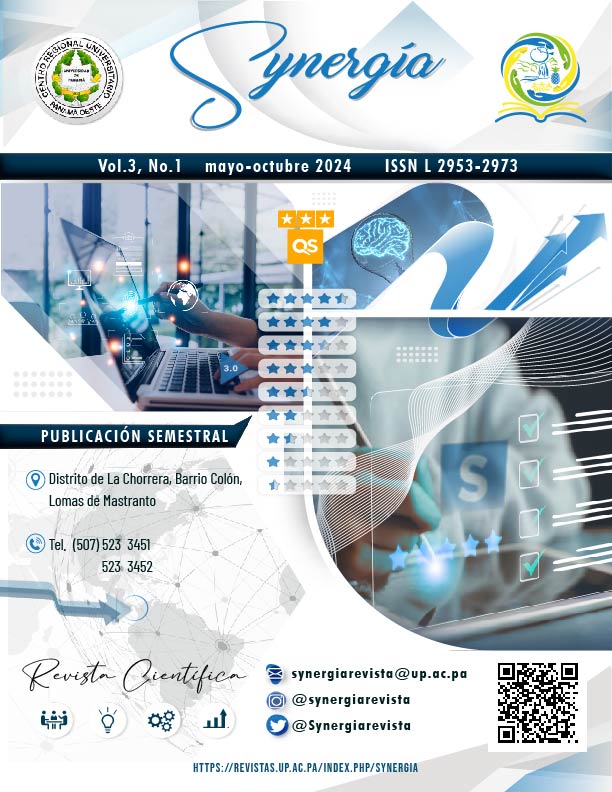

Copyright (c) 2024 Synergía

This work is licensed under a Creative Commons Attribution-NonCommercial-ShareAlike 4.0 International License.
During the COVID-19 pandemic, the consumption of nutraceutical foods increased considerably; bee honey being a natural product appreciated in traditional medicine. However, adulteration threatens beekeeping sustainability, because: i) It reduces the health benefits of people; ii) Generates distrust in consumers; iii) It is an unfair competition. This work is a review of these aspects and how to prevent this risk. About 50 documents on the subject were consulted, selected for their relevance and published mainly during the last five years. As a result, there are various techniques to detect adulterated honey, such as spectrophotometry, physicochemical analysis and even DNA analysis. It is recommended not to buy honey that is too cheap, to check that the product label indicates it is 100% natural, the container should be appropriate (glass or transparent plastic), the crystallization must be homogeneous without strata and to buy from registered beekeepers.